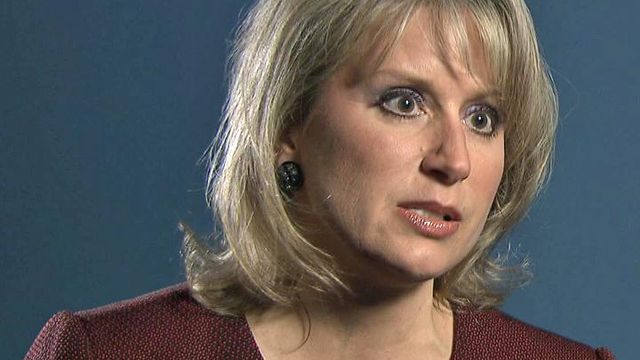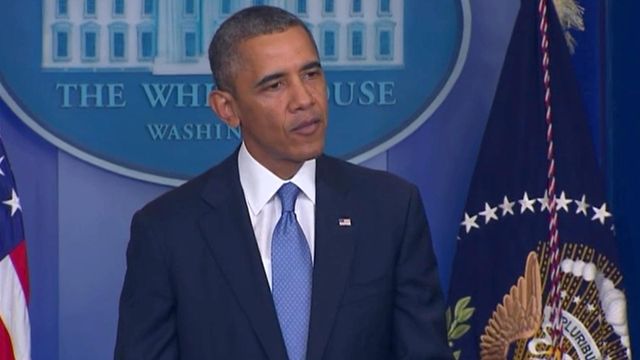'Preparing for the worst': NC lawmakers discuss possible shutdown
With the U.S. government just hours away from a possible shutdown, North Carolina lawmakers were in the middle of the fight Monday and shared their thoughts as the deadline loomed.
Posted — UpdatedRep. Renee Ellmers, R-N.C., says she is "hoping for the best, but preparing for the worst."
"Let's make sure our government keeps getting funded. Let's make sure our military are still getting paid. Let's make sure our seniors are getting their Social Security checks. Those are the issues we need to make sure are maintained," she said.
Rep. G.K. Butterfield, D-N.C., said the public is rightfully "disgusted" by the partisan impasse in Congress.
"This is a divided government that cannot continue. Democrats have been trying to meet the Republicans halfway for a very long time," Butterfield said. "But the Republicans have said consistently that they don't want to negotiate. they don't want to compromise. They have an agenda which is extreme."
A shutdown, which would have far-reaching consequences for some and minimal impact on others, would be "crazy," added Rep. David Price, D-N.C.
"The notion that you would overthrow the normal legislative process and say, 'We're going to shut it down. We're going to shut it down unless we get our way,' that's really what's going on here," Price said.
Meanwhile, Rep. George Holding, R-N.C., said "keeping government open is important, but Obamacare is a job killer," adding that he would tell frustrated constituents that "this is the system of government our founding fathers put together."
A shutdown would cause an uneven impact across the face of government, inconveniencing millions.
Fort Bragg released a statement Monday, saying "the most immediate, and visible, impact of this potential shutdown will be the furlough of portions of Fort Bragg’s civilian workforce. There are some employees who will be excepted, generally those performing life, health and safety functions for the post."
North Carolina State University economist Mike Walden predicts law makers will find a resolution soon because they won't want to be blamed if a shutdown happens.
"I think the bigger impact for everyone is if this drags on and we don't get a change in the debt ceiling," Walden said.
Many low-to-moderate-income borrowers and first-time homebuyers seeking government-backed mortgages could face delays. Passport applications would also be delayed.
About 800,000 federal workers, many already reeling from the effect of automatic budget cuts, would be ordered to report to work Tuesday for about four hours – but only to carry out shutdown-related chores, such as changing office voicemail messages and completing time cards. Once they departed, they would be under orders not to do any government work.
Some critical services, such as patrolling the borders, inspecting meat and controlling air traffic, would continue. Social Security benefits would be sent, and the Medicare and Medicaid health care programs for the elderly and poor would continue to pay doctors and hospitals.
The last time the government shutdown, in 1996, Republicans suffered significant political damage, and then-President Bill Clinton's political fortunes were revived in the process.
Now, as then, Republicans control the House, and senior lawmakers insist even a shutdown isn't likely to threaten their majority in the 2014 elections.
"We may even gain seats," Oregon Rep. Greg Walden, who chairs the party campaign committee, said recently.
For all the controversy about other matters, the legislation in question is a spending bill – and there was little if any disagreement about the spending-related issues.
The House and Senate have agreed to fix spending for a wide swath of federal programs at an annual level of $986 billion.
Without separate legislation to make further reductions, across-the-board cuts would automatically take effect early next year that would reduce the level to $967 billion.
• Credits
Copyright 2024 by WRAL.com and the Associated Press. All rights reserved. This material may not be published, broadcast, rewritten or redistributed.






